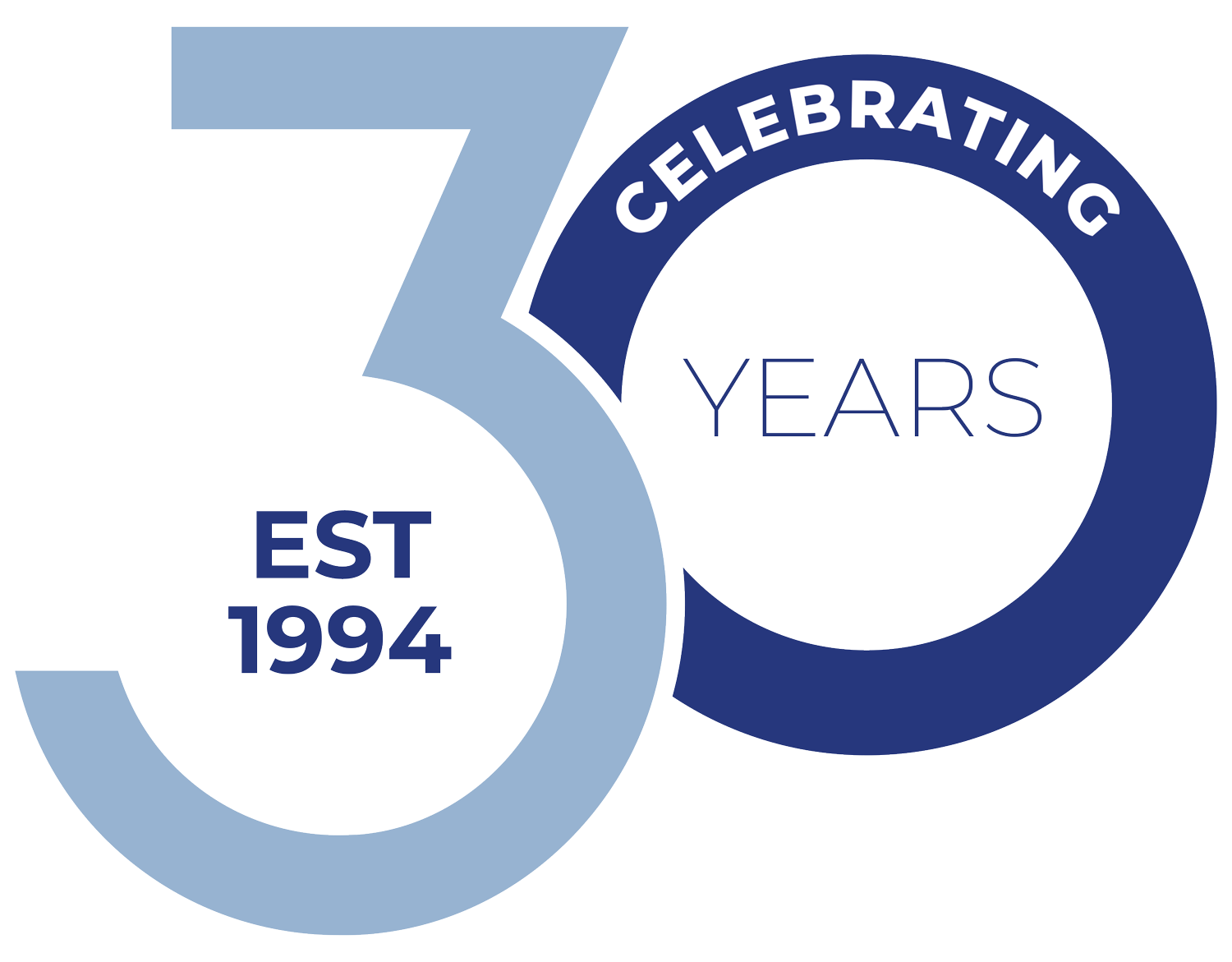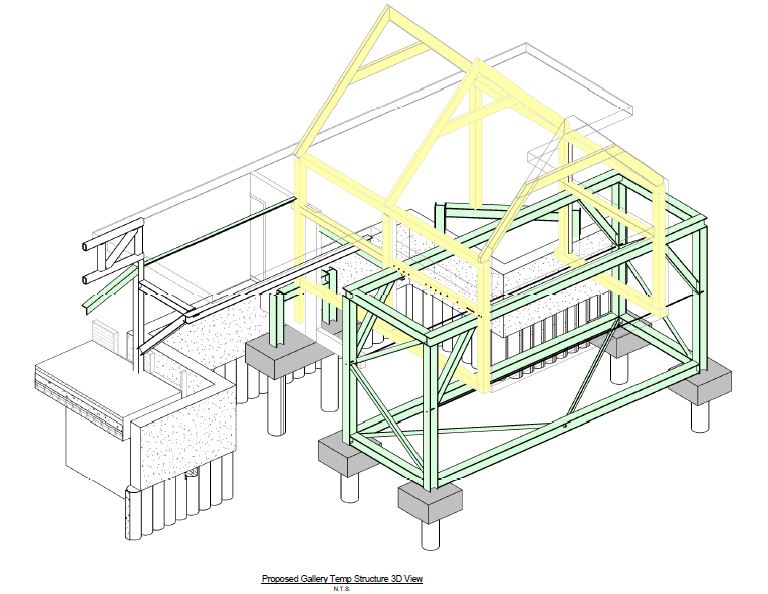Today I’m talking to Robert Jones, one of our Structural Engineers, who recently pass his Chartered Exams and is on his way to becoming a Chartered Structural Engineer.

Why Did You Choose To Go Into Engineering?
When I left school, wasn’t sure what I wanted to do, so I did a one year course in public services to improve my English.
Then I wanted to do something more practical, so I completed a two year BTEC in Manufacturing Engineering, obtaining three Distinctions.
It was all coursework based, but it was very challenging, there was a lot of Maths together with a practical side (which I enjoyed) using the machinery and building stuff.
So I decided to go for Civil Engineering as it was practical; science and Maths based – which I‘m very good at – I enjoy problem solving.
That is what structural engineering is really – working out what is wrong and working how you are going to fix it.
So I went to Coventry University for four years and obtained a BEng followed by a Masters. I left university in 2013 and joined Michael Aubrey Partnership.

What Do You Like About Being A Structural Engineer?
I like the engineering career, as you come into work and you have a different problem every day, every day is different, you don’t get board.
I like going out on site, especially the older buildings – finding out what’s wrong – being a detective.
Any Downsides To Engineering?
Probably the fact that people don’t understand the importance of Structural Engineers when you are designing a house or building, they think the Architect does it all, so that’s a bit frustrating, rather than a downside.
What Skills And Qualities Do You Think Are Important To Become A Structural Engineer?
To have a practical mind to see how things work and don’t accept everything is right just because you have been told it. You have to question “why does that work?”.
Being organised. I’ve got several big projects on at the moment and you have to be able to handle them at the same time.
You have to be quite a “people” person, especially when you are meeting Clients and Contractors. You have to be able to talk to them and come down to their level and find out what the problem is, instead of being totally analytical and just doing the maths. You need to be able to communicate your design, both by sketches and discussing what you are thinking to them.
If working with a Contractor you can find out what their preferred solution is, and that can sometimes results in a lower cost
What Was The Exam Preparation Like?
I spent over 50% of my weekends studying in the office practising exam questions. Doing it in exam conditions, total silence, against the clock.
Any Tips?
- Sugar. Take some sugar into the exam to keep you going!
- Get your folder up to date so that you know the basic equations, so that you can design a beam quickly.
- Chunks. Break the exam up into chunks and concentrate on the concept stage, sketches. Know before you go into the exam how you are going to answer the questions exactly.
- Plan your time. I did a three day exam preparation course – it was brilliant!
Exam Technique
You meet a lot of people in the same boat as you and you can bounce ideas of each other – you do some of the exam questions; you see other solutions. See what the examiners are looking for
First exam I took, I think I concentrated too much on the concept design, and then left he later part of the exam too short of time.
The second time I sat the exam I broke the time evenly and split it by the marks, it worked out a lot better – it was down to exam technique.
What Does Becoming Chartered Mean To You?
I’m very happy. It means it’s a stamp of approval.
All the work you have done means that you have reached a certain level, it doesn’t mean you stop learning, it just means you are at a level that people believe you are competent.
I aimed to become Chartered before I was 30 years old and I did it!
Do You Have A Favourite Building Structure?
I enjoy going to London and looking at the tall buildings to see how they are working ; looking at the bracing, the steel structures. I can’t name a single building, but I like timber framed buildings; barn conversions they are quite interesting, as you are always wondering how they are actually working!
Timber framed or structures that I can see myself designing; you see projects on Grand Designs that look quite cool, I’d like to design them, something a bit special.
Preparing for Your Chartered Exams?
Are you preparing for your exams? click here to find out about the Institution of Structural Engineers Chartered Membership exam and Professional Review Interview – Good luck!


